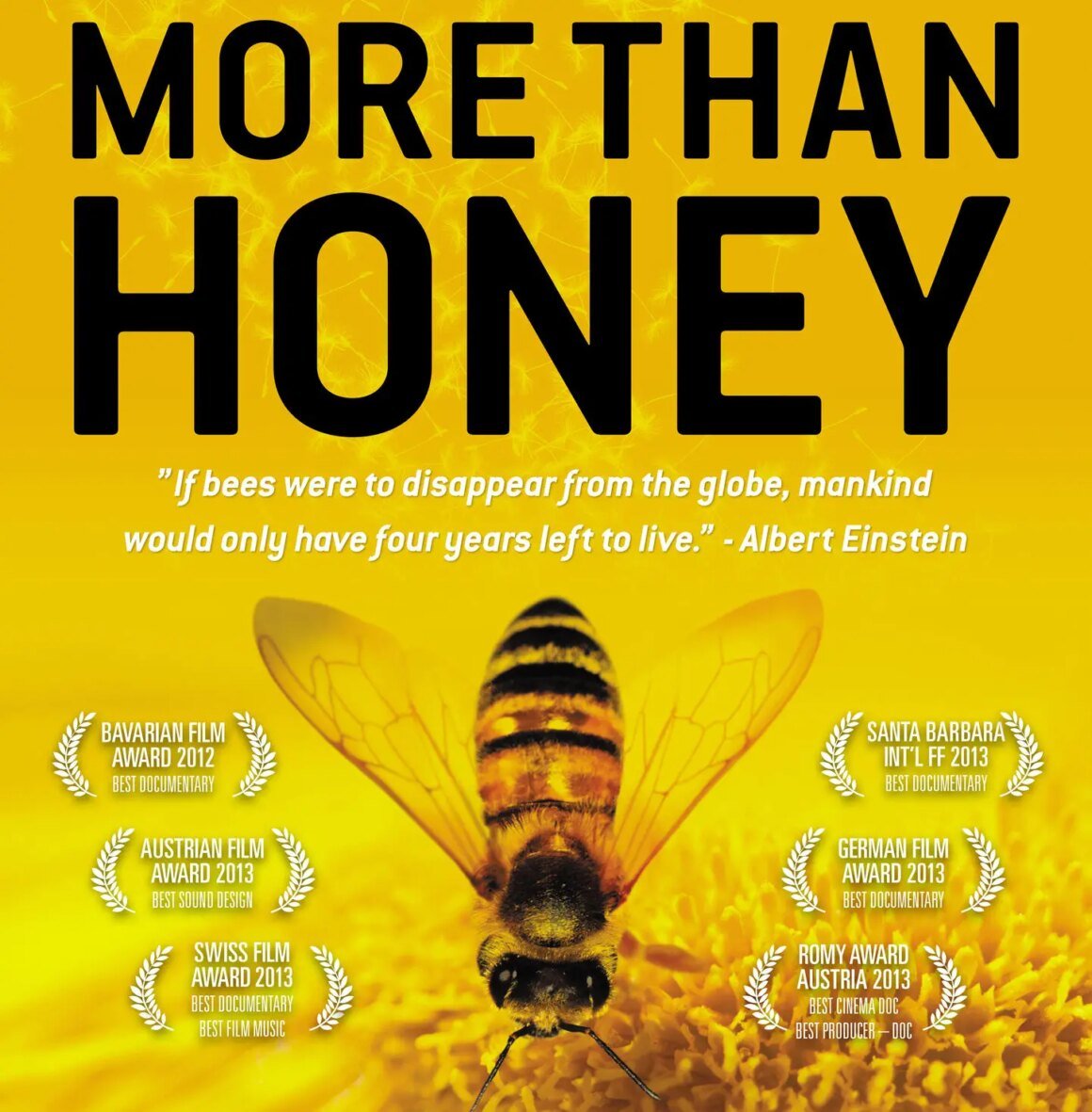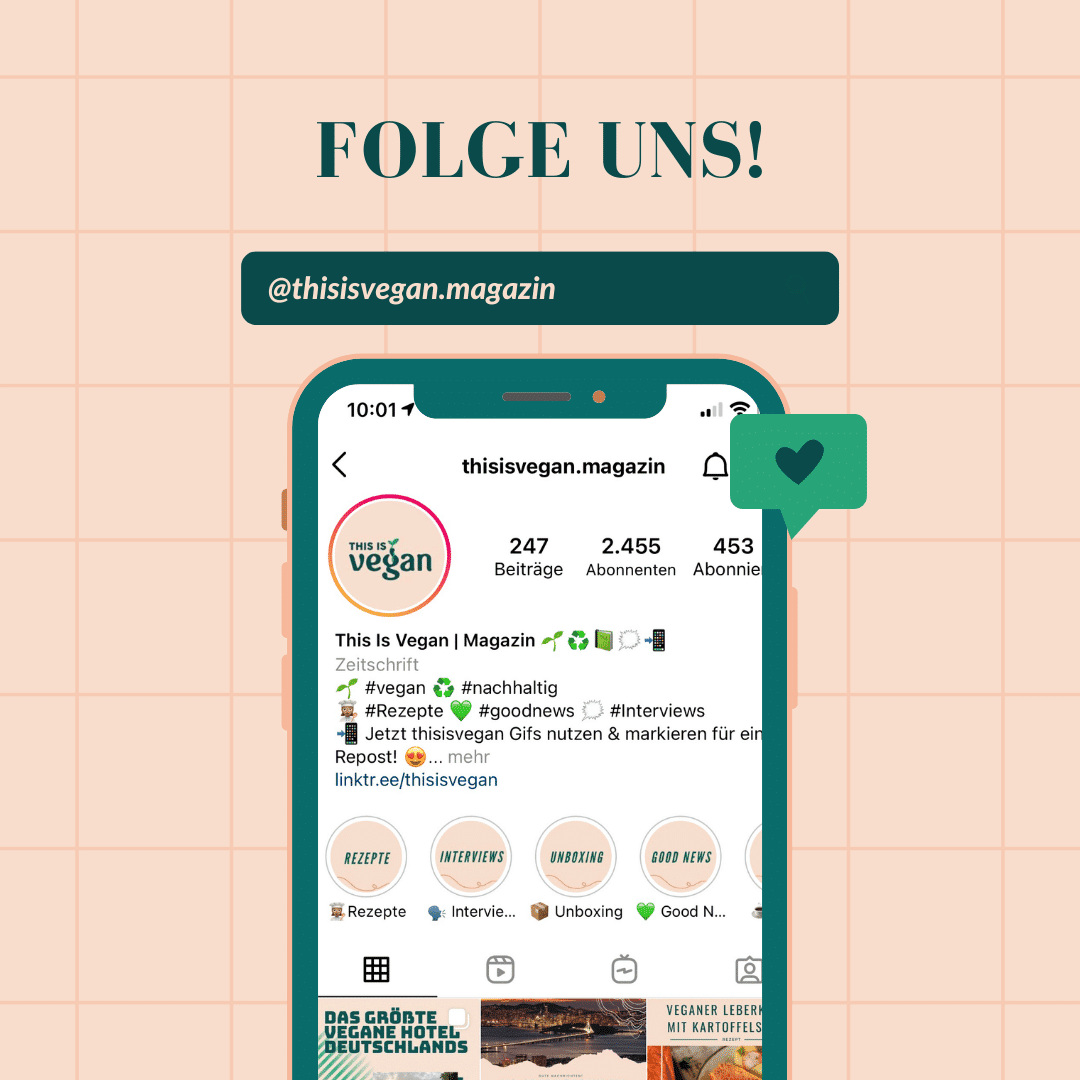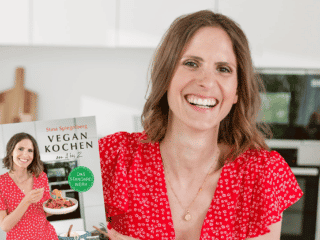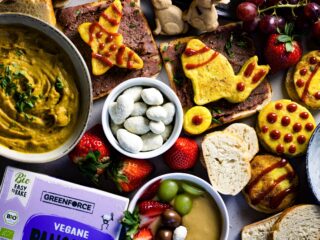Is honey vegan? – 5 reasons why honey is not vegan
- Posted on
- 6 minute read
- Julia Kein
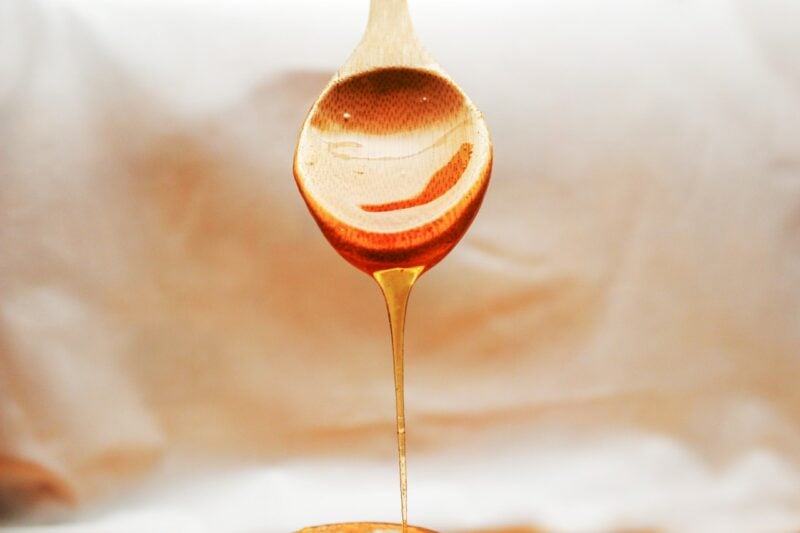
In the vegan diet, products of animal origin are avoided. For most people, meat, dairy products, and eggs are the first things that come to mind. All these foods cause animal suffering, which is why vegans strictly reject them. But what about honey? As is well known, this is produced by bees, so it is an animal food. In this article, you’ll learn why honey isn’t vegan and what plant-based alternatives are available.
Why is honey not vegan?
A brief overview of why vegans should avoid honey!
- Honey is produced by bees, which means that it is an animal product.
- Honey harvesting can lead to injury and death of bees.
- Bees are often bred in artificial conditions to obtain greater yields of honey.
- Bees are often separated from their hives to harvest the honey, which can be stressful and traumatic for them.
- The global honey harvest contributes to the overexploitation of the environment and the decimation of wild bee populations.
Table of Contents
Why honey is not vegan
Honey is an animal product because it is produced by bees. Due to this fact, honey is not vegan. Most vegans care about animal welfare and choose a plant-based diet for ethical reasons. In conventional factory farming, chickens, fish, cows, pigs, sheep and geese suffer hellish torments and are brutally killed. These sad facts are no longer a secret these days. But what exactly happens to the bees when the honey is removed from the honeycombs is not clear to most people.

Reasons that speak against the consumption of honey:
The bee produces a supposedly simple and natural sweet substance that some humans find delicious and use as food. Where is there supposed to be a “but”? At first glance, there seems to be no animal suffering , as bees do not necessarily die in the honey industry. In addition, many lack a loving relationship with the bee. She is not as cute and presentable as, for example, a pig or a cow. Thus, humans actually have a lower emotional attachment to insects compared to with mammals. That’s why it’s all the more important to stand up for the bees and make it clear how honey is procured . These are some of the reasons that speak against the consumption of honey:
Bees live in mass breeding and are tormented during the collection process.
As honey has become increasingly popular in recent decades, more bees need to be bred. According to the United States National Honey Board, the per capita consumption of honey in the USA is around 1.51 pounds per year. For this purpose, the bees are bred en masse under unnatural conditions and even genetically manipulated so that they produce more honey. To prevent the bees from buzzing around, the wings of the queen bees are shortened in most cases. As a result, the entire bee colony remains in the artificial hive. This hive usually too narrow and unnatural for the bees, which puts them under additional stress. In addition, the queen bees are artificially inseminated in conventional breeding. This brings with it all the more strain and stress.

Bees eat the honey themselves.
A fact that most people don’t know: bees actually eat their own honey supply. They need it as a source of nutrients. Especially in the cold months, it is essential for the insects to survive! In the honey industry, the bees are given a substitute food, which usually consists of nutrient-poor sugar water. However, this makes the bees sick and causes them to die earlier.
Many bees are injured.
In most cases, beekeepers want to make as much profit as possible from their bees. They want to collect as much honey as possible quickly and are often careless with the bees. Some bees are crushed, lose wings or legs, and can also die as a result.

Species extinction is on the rise.
The artificial hives and honeycombs are usually unnaturally large. Because of this, the bees collect much more honey than they normally would. This takes away the nectar of other pollinating insects such as wasps, bumblebees, butterflies, and beetles, and endangers the entire ecosystem. Thus, the honey industry is partly to blame for insect mortality and the loss of biodiversity.
'If the bee disappears from the surface of the earth, man would have no more than four years to live. No more bees, no more pollination … no more men!'
ALbert Einstein, 1949
Honey procurement is ethically unjustifiable.
In the conventional honey industry, beekeepers smoke the bees. This targeted maneuver suggests a forest fire to the bees. Because of the supposed danger, they take as much honey as possible as provisions and look for a new home. They panic and become distracted as a result. During this time, beekeepers can usually do their work undisturbed. This approach is ethically unacceptable and disregards the rights of animals.
Of course, this is not the case in every apiary. There are certainly beekeepers who treat the bees carefully and as “species-appropriately” as possible. Nevertheless, one fact remains: the animals are deprived of their own, self-collected and, above all, vital honey. Mankind does not need honey to survive, yet still takes it because of its sweet taste. But there are so many plant-based alternatives that taste just as good and do not involve animal suffering.

Vegan honey alternatives:
Fortunately, as with almost every animal product, there is a good vegan alternative. The market is booming in vegan honey alternatives and offers a delicious, sweet selection. There is vegan honey based on calendula, tapioca, daisies, dandelions, tonka, apple, and much more. Of course, you can also use maple syrup, agave, sugar beet, or rice syrup as a substitute for the bee honey.
You can find vegan honey in drugstores, supermarkets, and online. It is best to look for a the vegan logo and/or seal of vegan approval. You can use vegan honey in the same way as bee honey. Whether for baking, as a spread, for sweetening in food and drinks – vegan honey will be delicious! Of course, each vegan honey alternative differs from others in taste, color and consistency. Just give it a try and test which vegan honey is best for you.
Documentary tip: More Than Honey.
The honey bee is one of the most important natural wonders on earth. The global demand for natural products weighs on the small animals, which are responsible for a third of our food . A life without bees is therefore unimaginable.
With great concern, the entire world is watching the mysterious death of the industrious animal. The queens and their workers lose their strength between pesticides, antibiotics, monocultures, and transport from plantation to plantation.
MORE THAN HONEY takes us into the fascinating world of bees.
Director Markus Imhoof accompanies the fate of the bee from its own family beekeeping to industrialized honey farms and bee breeders. His spectacular shots show us a world we won’t soon forget.
When we think of a vegan diet, we often think of large animals, but small animals such as bees are also important for the preservation of the planet. It also shows why honey is not vegan.
On our pages you will find affiliate links. If you buy your favorite products through them, we receive a commission, which automatically supports us.
By buying the sustainable reusable cups from us, you support the Papillon Sanctuary or Sea Shepherd.
Alternatively, you can follow us here on Instagram or here on Linkedin, listen to our podcast, subscribe and rate directly here:
Danke. 💚🙏🏽

Julia Kein

Maya Leinenbach – An Interview with Germany’s most successful vegan food blogger
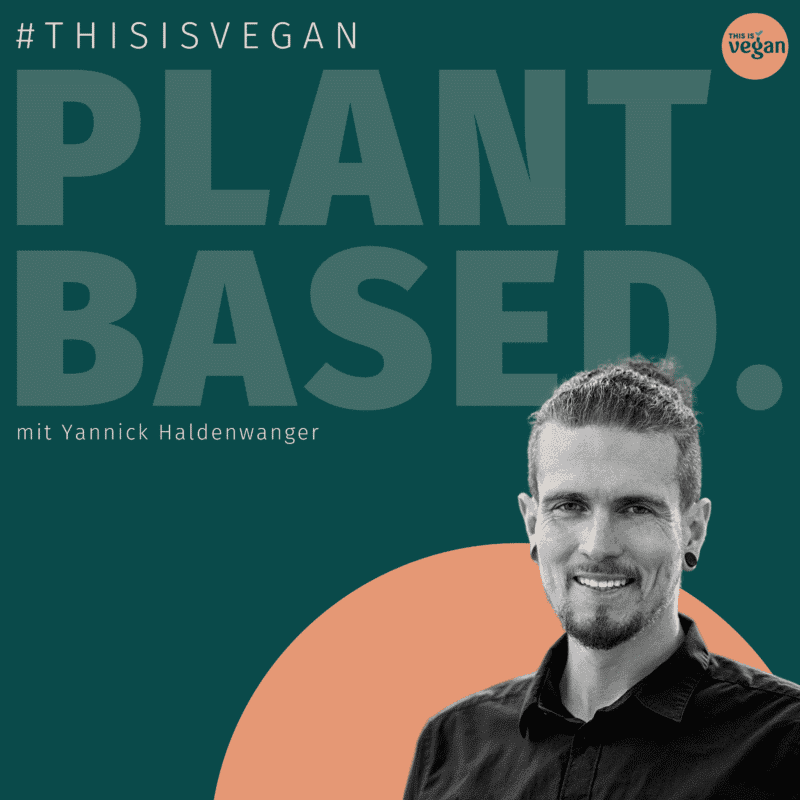
Podcast
Nächster Artikel
Yes, You Can Build Muscle on a Vegan Diet
- Posted on
- Trinity Sparke
What is beta-alanine? All about effect & dosage
- Posted on
- Christin Uthoff
Rice protein – facts about the underestimated vegan protein source
- Posted on
- Christin Uthoff
Vegan sports nutrition – How a good protein supply succeeds
- Posted on
- Christin Uthoff
Is maltodextrin vegan? All about effect & origin
- Posted on
- Christin Uthoff
From burnout to successful food blogger – Stina Spiegelberg on plant-based culinary arts
- Posted on
- Yannick
Easter vegan: everything for an animal-friendly Easter brunch
- Posted on
- Anna Sebestova
Can I eat this? – Animal ingredients are hidden behind these ingredients
- Posted on
- Julia Kein




